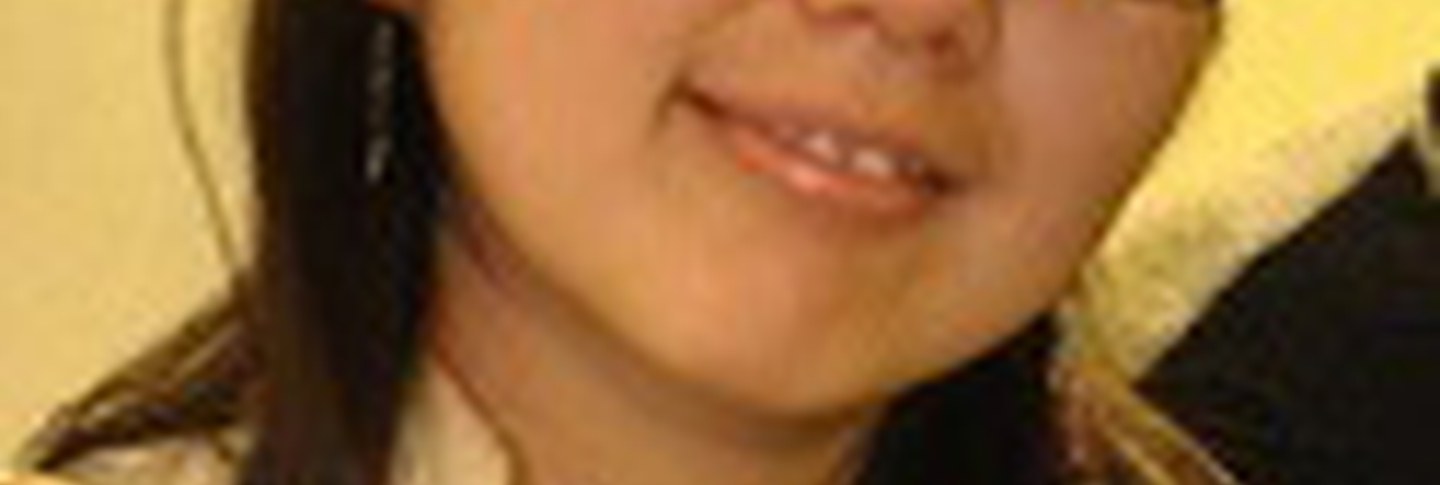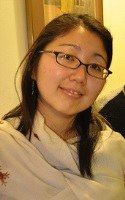Nawa Sugiyama is currently a doctoral candidate in anthropology at Harvard University. She specializes in the analysis of zooarchaeological remains from the ceremonial core of Teotihuacan, Mexico, where she concentrates on materials from state-level ritualized activities excavated from the dedicatory caches in the Moon Pyramid and Sun Pyramid. Utilizing zooarchaeological, isotopic, iconographic, and ethnographic datasets, she is interested in unraveling the symbolism and function of animals at the ancient metropolis, particularly in relation to the concretion of state ideologies.
“During the first year of the Tyler Fellowship, I completed data collection for my dissertation, ‘Ritualized Animals: Understanding Human-Animal Interactions at Teotihuacan.’ I analyzed the faunal materials from dedicatory caches in the Moon Pyramid and the Sun Pyramid at Teotihuacan to investigate how ritual performances contributed to the concretion of state ideologies through the participation of carnivores (eagles, pumas, jaguars, wolves, and rattlesnakes) as sacrificial victims and as ritual paraphernalia. These research goals are being achieved by reconstructing the life histories of the animals—not just the chaîne opératoire (the process of acquiring, preparing, using, and discarding each animal) but also the human-animal interactions. Data from isotopic analysis conducted at the Paleodiet Laboratory at the University of California, San Diego, in collaboration with Andrew Somerville and Margaret Schoeninger, has already yielded evidence that some of the fauna deposited in these burials consumed an artificial diet that included a high proportion of C4 grasses (such as corn).”

